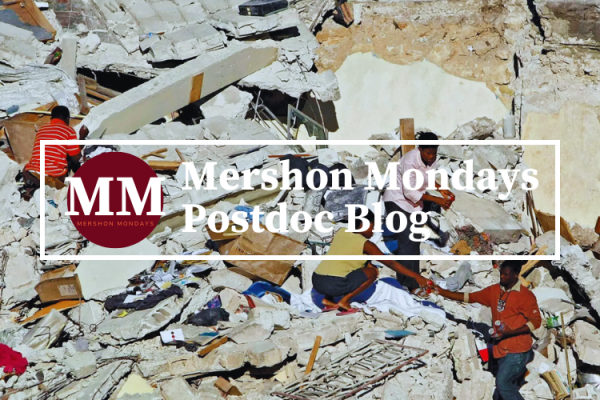Violence, Ideology & Extremism Working Group (VIEW) Research Projects

On Monday, November 25th, Professor Laura Dugan, PhD Student Jack Wippell, and PhD Student Taylor June (Sociology) introduced the Violence, Ideology and Extremism Working Group (VIEW). VIEW is an interdisciplinary group that brings together scholars within and beyond Ohio State whose research relates broadly to extremist milieus, radical ideologies, violence, and the complex interconnections between them.
In sharing her work, Taylor interrogated and broadened the way violence and ideology are typically conceptualized. She introduced the term “slow violence”, which describes the gradual, often unnoticed forms of systemic harm that accumulate over time. She analyzed how acts not immediately perceived as violent – such as food deserts or the lack of medical services – can result in harms very similar to those caused by actions typically included in conventional frameworks of violence. Equally, in traditional conflicts, structural issues often amplify the harm experienced by the population. She also explored the role of ideology as a driving force behind slow violence, highlighting how it contributes to inaction or negligence that ultimately causes harm. She introduced two case studies: Haiti following the devastating 2010 earthquake and the prolonged violence during the Syrian Civil War. In both instances, she highlighted how a longue durée approach helps to reveal how historical factors like colonial legacies, unequal resource allocation, and the denial of essential services have exacerbated harm during and after these crises.
Jack and Laura also discussed their project analyzing how statements by political elites endorsing racist and extremist ideas correspond with grassroots activity. They found a significant association between endorsements of the Great Replacement conspiracy theory – a belief that elite-orchestrated immigration is leading to the displacement of white populations – by elected politicians or political candidates and white supremacist mobilization. The subsequent discussion engaged with the implications of these findings for understanding ideational flows in the current technological landscape, where social media algorithms reward shocking and controversial content and thus also participate in circulating these ideas more widely.
In addition, Jack highlighted further projects he is working on, one of which explores moral panics surrounding transgender issues. Another highlighted how discourses manifest across far-right digital ecosystems. To investigate this, he tracked mentions of conspiracy theories about ‘trans terrorism’ across several social media platforms, including Truth Social, Gab, and 4chan. He found that on Truth Social and Gab, discussion of this topic spiked dramatically after the 2023 school shooting at Covenant School in Nashville, where the shooter’s gender identity was widely discussed. On 4chan, however, while there was a small uptick of interest, activity around this topic was more consistently prevalent over time. This invites further analysis into the specific dynamics of each of these platforms, such as the impact of 4chan’s anonymous and participatory nature in consistently circulating more extreme ideas.
During the discussion, broad thematic and conceptual questions emerged surrounding the challenges in situating terrorist or extremist violence within diverse political contexts. For example, the discussion turned to the thorny nature of terms such as ‘terrorism’: groups like the African National Congress (ANC) in apartheid South Africa and the Zimbabwe African National Union in Southern Rhodesia were formerly branded terrorist groups by many governments, yet now are generally valorized for their struggles against colonial and apartheid rule in Southern Africa. Laura, who is one of the founding investigators of the Global Terrorism Database, drew an important distinction between speaking about terrorist actors and terrorist actions. She explained that the database takes into account a large number of variables to help users understand differences within the umbrella category of terrorist violence.
Moving forward, VIEW aims to further expand its impact by fostering new collaborations. Laura, Jack and Taylor are coordinating the Emerging Scholars in Violence, Ideology and Extremism Workshop in March 2025, which will pair established scholars with graduate students and postdoctoral fellows, and provide them with a chance to present and gain feedback on their collaborative projects.
Mershon Monday Story by Postdoctoral Scholar Helen Murphey, in collaboration with colleagues Julia Marino and Nicholas Nyachega.
